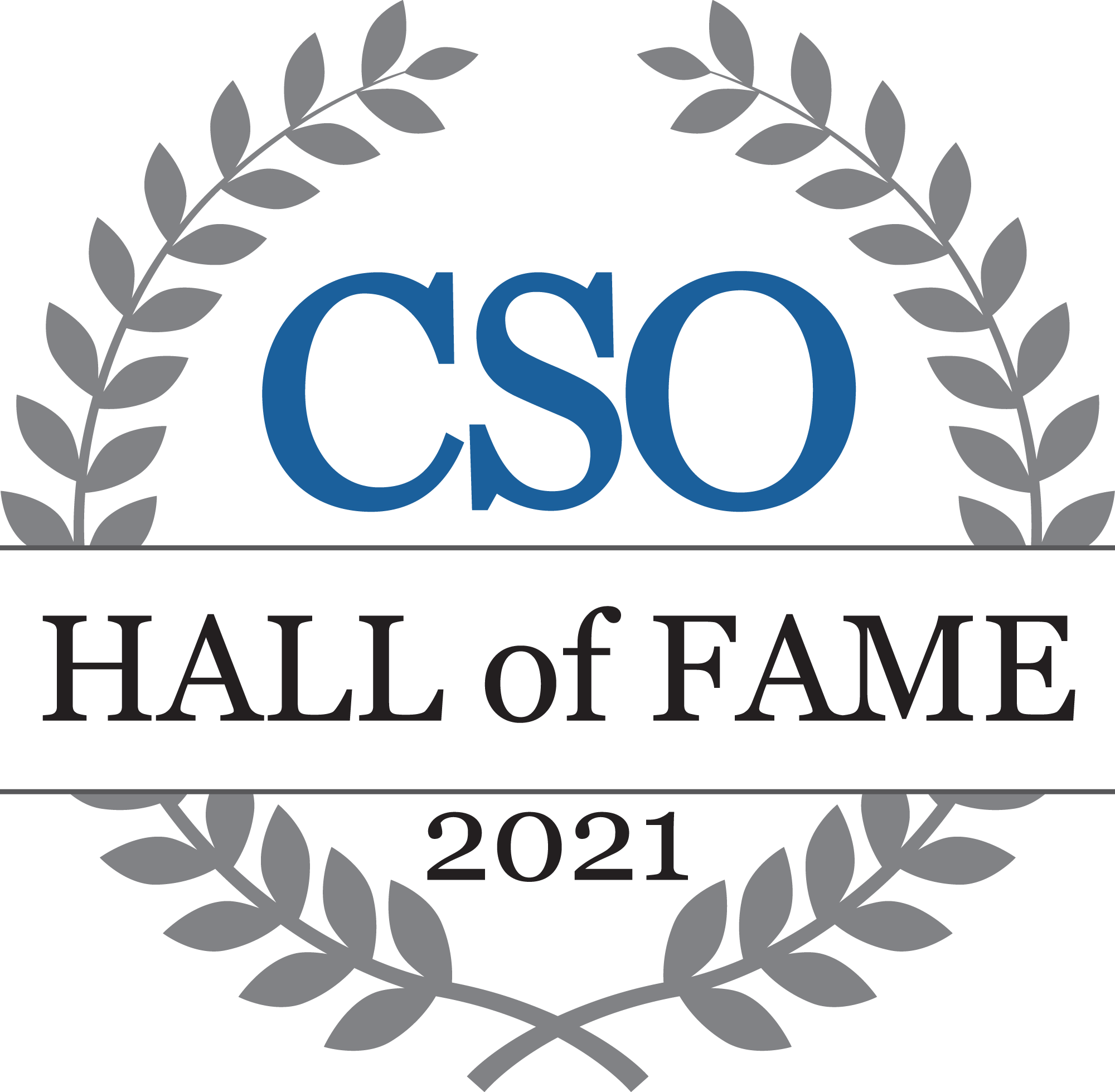Some thoughts on advice about guiding others’ self-improvement. Often, advice comes in the form of “If you do X, Y will happen.” It’s worth unpacking that. What “If you do X, Y will happen” often really means is, “For some group, which I think is large and I believe you are in, doing X will increase their favorable outcomes in the direction of Y by some small amount.”
The first half of that framing can be really othering if you’re wrong. “I think this works for all humans!” might get heard as “It doesn’t work for me, do you think I’m not human?” I think of the latter half of the framing as the 1% effect: For some set of people, this advice might improve their expectations of good outcomes, but maybe by no more than 1 percent. How big is “some people”? It might be just the advocate (“I did this and it worked for me”), or it might apply to a large in-group. But it almost certainly doesn’t apply universally, to every possible listener. We should understand that the original framing (“Do X to get Y”) is incredibly othering to members of the outgroup. That advice might not work at all for them. Or a 1% improvement in their outcomes might be outweighed by the odds stacked against them. So that’s the first tip in guiding: acknowledge that you might be wrong, and your advice might not apply. And that for some people, these topics are so sensitive and carry so much historical stress that you might hurt them more than you planned to help them.
But what about the 1% effect? Assume that any piece of guidance might help someone by 1%. Is that a lot? It depends! The difference between the best NFL player and the worst is just a small collection of 1% effects. But me? 1% isn’t getting me onto the Patriots roster. Understand where there’s a cluster effect – maybe this advice is useful, but the biggest effect you see is for people who’ve invested in gaining a lot of advantage in a related area, and others might not see the same benefit.
Consider this one: when people ask how I am, I say, “I’m fantastic!” It helps me keep my frame focused on positives, which increases my resilience to stress. I used to say, “Not bad,” and I noticed that I was looking for the bad. Now for me, that “one simple trick” sits on top of a lot of mindfulness, and care, and good fortune. Thanks to a colleague, I always remember I could have been born a nematode! I’m really fortunate to be a human in the 21st century. I suspect that for many people, a daily remembrance of good fortune will improve their condition – but I also know that for people with a wide range of circumstances, from chemical depression to trauma to many more, that advice rings hollow. So when you’re evangelizing something that works for you, and maybe others, recognize that you are almost certainly talking at someone with a different experience. And they might not appreciate unhelpful and/or unsolicited advice without caveats. (If you’re in the mistargeted group for whom this advice might even be harmful, recognize that this blind spot around inapplicable advice might be just a blind spot, and not explicit malice (We hope).)
That leads to a point about inclusion. I think of inclusion as “reducing the energy cost of a person just to exist in a space.” Recognize that your assumptions about what works for other people increase their existence cost when you’re wrong.
So I conclude with hopefully near-universally applicable guidance, from the hallowed halls of San Dimas: Be excellent to each other. And, as always, thank you to a remarkable cast of humans who help me think about these ideas, and find ways to make the world better. It’s truly a blessing to know you and have access to you.
Unsolicited Advice on Self Improvement
by
Tags:
